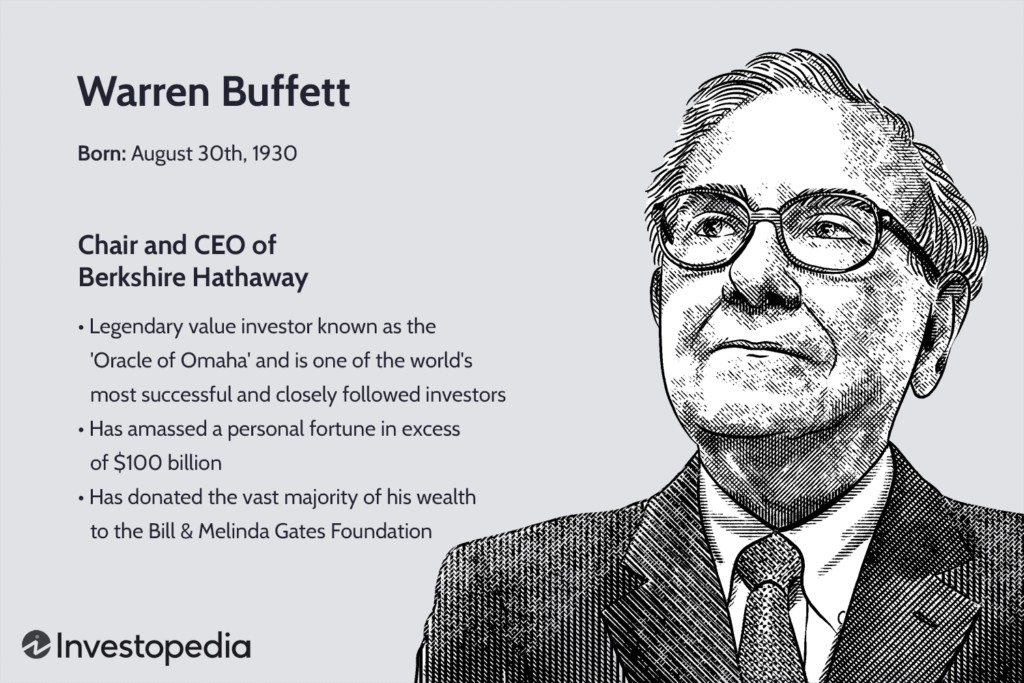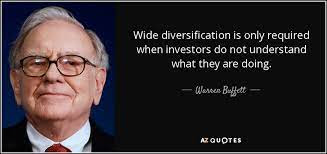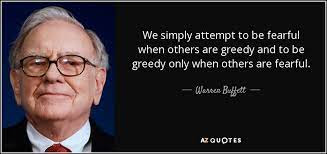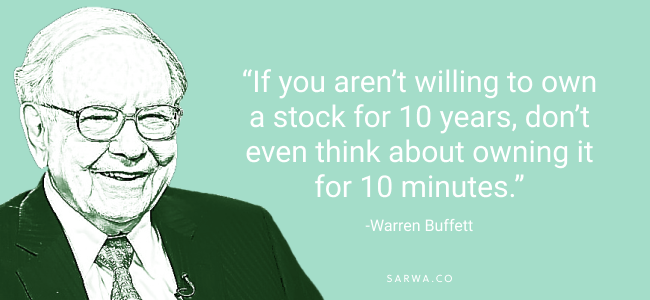Hello Sir,
Warren Buffett is one of the world’s most admired, followed and richest investors.

Naturally, any investor who wishes to attain success in stock investing goes through his interviews, annual letters, quotes, etc.
In fact, Warren’s perspectives on the market are so sought-after that “Warren Buffett quotes” is among the most Googled phrases in the online wealth management industry today. Perhaps, they are so sought after because they are crisp and easy to understand.
While they might be easy to understand, they are surely not easy to execute. Thus, today we will look at Warren’s quotes and other sayings from a different perspective.
We will look at how some of Buffett’s quotes have caused the maximum losses to new investors.
This is not to say that WB was wrong, but the investors incur losses because they think themselves to be as good as WB while applying them.
Before that, if you are interested in investing in an Agrochemical company that will benefit immensely from the ongoing rise in the prices of farm output and food inflation and where the management is expecting strong 20% + year on year growth, you can read about it here - LINK
1. Wide diversification is only required when investors do not understand what they are doing. In the same breath, Warren has also mentioned - An investor should act as though he had a lifetime decision card with just twenty punches on it.

The above quotes are basically saying that if you could only buy 10 or 20 stocks in your entire life, you’d probably be a lot more careful with your investments. Also, if you have done careful study and know the businesses, their cycle, outlook well, you probably don’t need many stocks in your portfolio.
The key points here are strong understanding of businesses you are investing in. Unfortunately, it’s not as easy as it may seem and it comes with a lot of experience and detailed research.
You cannot expect to have the same level of business acumen and experience as WB just by reading a few quotes, investment books, annual reports and by attending a few webinars.
Also, many investors take 10-20 lifetime stocks advice too seriously while ignoring the fact that WB himself has held many more stocks over his lifetime.
Similarly, we have seen many new investors talk about making 5-10 stocks portfolio. Here again it’s important to understand that a lot of times concentrated portfolio is an outcome than an input.
You start with say 20 stocks with equal weightage and over a period of time 8 stocks become 70% of your portfolio because of their outperformance over others.
2. Be fearful when others are greedy. Be greedy when others are fearful

This quote basically talks about avoiding herd mentality and taking a contrarian approach to investing.
It’s quite useful for most investors who go about using it when investing in a mutual or index fund. However, a lot of times investors use it incorrectly or without proper due diligence when investing in stocks.
For instance, the common practice among new investors is to invest in stocks which have had deep correction like – Yes Bank, DHFL, Unitech, GVK, etc and investors keep on adding all through correction thinking in terms of being greedy while others are being fearful.
As mentioned above, thorough understanding of businesses is key to making good investment decisions.
As they say, half knowledge can be dangerous and that’s what happens when investors apply WB quotes without proper due diligence.
3. If you aren’t willing to own a stock for 10 years, don’t even think about owning it for 10 minutes

Here again, it’s important to not get too serious about the specific number, i.e., 10 years.
For instance, if you are buying a deeply cyclical business, why would you own it for 10 years when the cycle may peak out in 2-3 years.
Similarly, the pace of change in the businesses has surely accelerated from what it was before. It might have been easier to think in terms of 10 years holding period a few decades back, but it’s not necessarily the case right now.
Also, one cannot ignore the fact that WB manages mammoth sums of money and for him the investing universe in terms of available opportunities, ease of transaction, liquidity, etc are vastly different from an average retail investor.
In his early days, WB himself used to experiment with different strategies including special situations or acting as a control investor wherein the holding period was substantially lower than 10 years.
To sum it up, the whole point of the article is to not blindly follow anyone, including the best. It’s good to read and learn from them, but one has to carve one’s own path and style of investing.
If you are looking for investment opportunities do check out our premium subscriptions.
Best Regards,
Ekansh Mittal
Research Analyst
Web: https://www.
SEBI Research Analyst Registration No. INH100001690
Research Analyst Details
Name: Ekansh Mittal Email Id: [email protected]
Disclaimer: You can access it here - LINK
Whether the research analyst or research entity or his associate or his relative has any financial interest in the subject company/companies and the nature of such financial interest – No
Whether the research analyst or research entity or his associates or his relatives have actual/beneficial ownership of 1% or more securities of the subject company (at the end of the month immediately preceding the date of publication of the research report or date of the public appearance) – No
Whether the research analyst or research entity or his associate or his relative has any other material conflict of interest at the time of publication of the research report or at the time of public appearance – No
Whether it or its associates have received any compensation from the subject company in the past twelve months – No
Whether it or its associates have managed or co-managed public offering of securities for the subject company in the past 12 months – No
Whether it or its associates have received any compensation for investment banking or merchant banking or brokerage services from the subject company in the past 12 months – No
Whether it or its associates have received any compensation for products or services other than investment banking or merchant banking or brokerage services from the subject company in the past 12 months – No
Whether the subject company is or was a client during twelve months preceding the date of distribution of the research report and the types of services provided – No
Whether the research analyst has served as an officer, director or employee of the subject company – No
Whether the research analyst or research entity has been engaged in market making activity for the subject company – No
